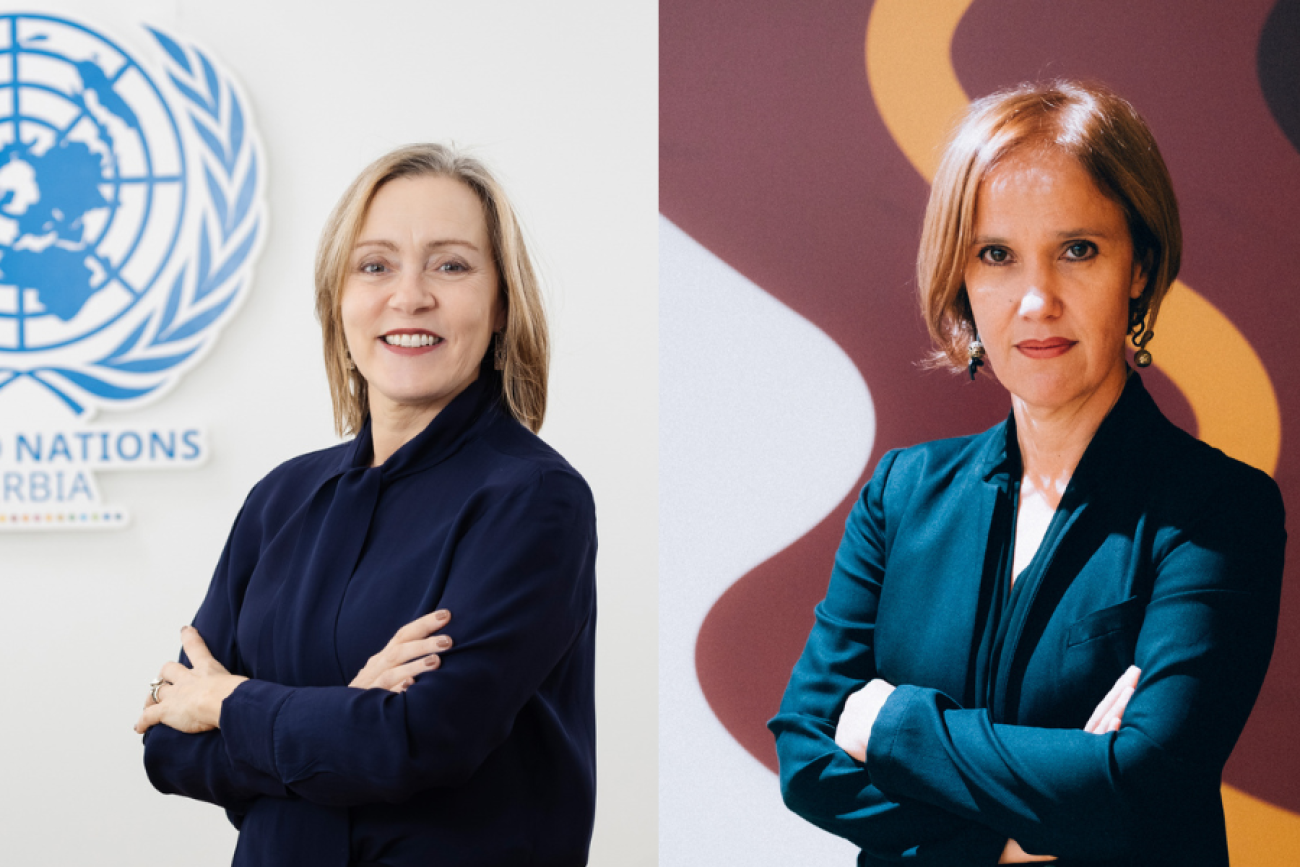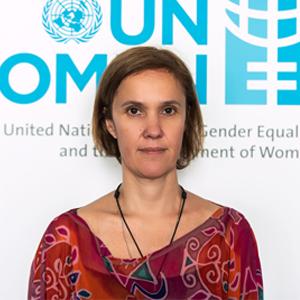Thirty years after the adoption of the Beijing Declaration and Platform for Action—a landmark agreement endorsed by 189 countries as a comprehensive global framework for gender equality—significant progress has been made in advancing women’s rights and empowerment. However, challenges persist, requiring continuous efforts from all sectors of society. This milestone presents an opportunity to celebrate progress while acknowledging the work that still lies ahead in ensuring full gender equality and securing the right to participation, access to rights, resources, and decision-making for all women and girls.
The Beijing+30 anniversary is a moment to reflect on the commitments made in 1995 and assess how far we have come in achieving gender equality. The 12 critical areas of concern outlined in the original declaration remain as relevant today as they were three decades ago. In Serbia, progress has been significant in many areas, but challenges remain. Across the world progress has been made in women’s political participation, education, and employment, yet gender-based violence, economic disparities, and underrepresentation in leadership positions persist. Today, we face the urgency of reinforcing policies and commitments to safeguard the progress achieved and continue advancing rights and opportunities for women in all their diversity.
In Serbia, significant progress has been achieved in closing gender gaps across various domains. The employment gap between men and women has steadily decreased, from 17.5% in 2013 to 14.3% in 2023. More women are remaining in the workforce, with caregiving responsibilities accounting for fewer exits - down from 1.3% in 2015 to just 0.4% in 2022 and 2023. In politics, the country has outperformed several EU nations, ranking 26th globally for women in ministerial positions and 40th for women’s representation in Parliament. The fast-growing ICT sector also sees a strong female representation, while in education, women outnumber men at all levels. These achievements are a testament to Serbia’s commitment to gender equality and the ongoing efforts of institutions, civil society, and international partners, including the United Nations and its agencies.
Key policy reforms have played a crucial role in advancing gender equality. The implementation of gender-responsive budgeting is now embedded across all levels of public finance, ensuring a more equitable distribution of resources. The Gender Equality Impact Test further integrates gender perspectives into policymaking. Additionally, the country has reinforced its commitment to combating gender-based violence, with the adoption of legislative measures and strategic frameworks serving as a pivotal foundation for action. The United Nations has been a key partner in these efforts, providing technical support, policy guidance, and resources to ensure sustained progress.
Despite these advancements, concerns remain. The suspension of the Law on Gender Equality has raised questions about safeguarding hard-won progress. Economic disparities persist, particularly in unpaid care work, which remains predominantly a female responsibility. Women continue to spend nearly twice as much time on unpaid labor as men, affecting their professional and personal development. Workplace segregation and the gender pay gap are ongoing issues, with 63% of managerial roles occupied by men, while technical trades remain overwhelmingly male-dominated. A coordinated effort is needed to ensure that all women and girls, regardless of background, have equal opportunities.
Healthcare also demands greater prioritization. The country remains among the highest-ranking in Europe for cervical cancer incidence and mortality, while maternal mortality rates continue to be a concern – also linked to early marriages and adolescent pregnancies. Expanding access to healthcare and strengthening policies that support women’s health must remain central to gender equality efforts. The UN system is actively working with national institutions to enhance healthcare access and support women’s well-being through targeted initiatives and policy advocacy.
Environmental and energy policies are also integrating gender perspectives, with notable progress the promotion of female entrepreneurship in the green sector. Efforts to enhance women’s political leadership have further advanced, with women councilors receiving leadership and advocacy training, fostering more inclusive governance. Additionally, local governments have been equipped with tools to implement and report on gender equality laws, reinforcing institutional accountability. The United Nations continues to play a crucial role in supporting these programs, ensuring that gender equality remains a cross-cutting priority in Serbia’s development agenda.
As Beijing+30 reminds us, true gender equality requires the empowerment of all women and girls, particularly those from marginalized and underrepresented communities. Women from disadvantaged backgrounds, rural areas, and vulnerable groups must receive targeted support to ensure their full participation in society. Strengthening inclusive policies and fostering an environment where all women and girls can thrive is essential to building a just and equitable future.
While the progress is commendable, the road ahead demands unwavering commitment and collective action. Gender equality is not just about policies and statistics, it is about real lives, real voices, and real change. The United Nations remains committed to working alongside the Government of Serbia, civil society, and the international community to drive progress, uphold women’s rights, and create a more equal and inclusive society. Now is the time for renewed determination, working together to ensure that no woman or girl is left behind.







